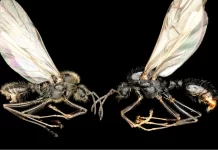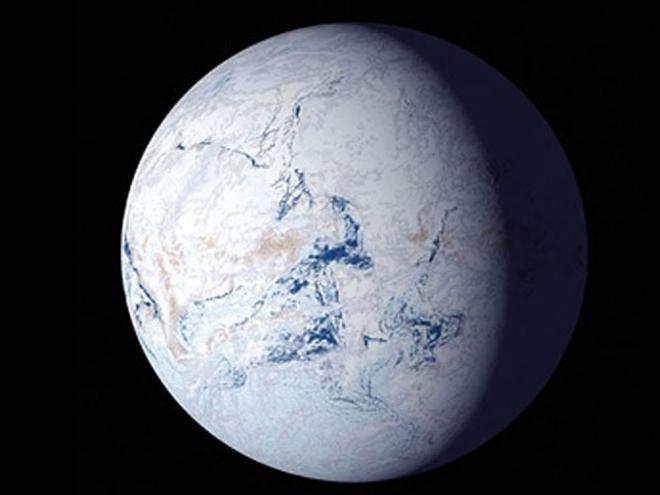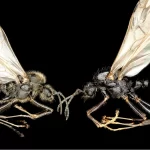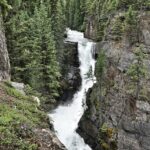A LARGE chunk of the Earth equivalent to a billion years of rock formation is missing from our planet’s crust, and scientists finally understand why.
Scientists have known for some time that there is a huge gap in our planet’s geological record, known as the ‘Great Unconformity’, but had been unable to explain why. The Great Unconformity starts around 540 million years ago, at the beginning of the Cambrian period, and stretches back more than a billion a billion years before this. During this time, scientists believe there is a missing layer of Earth’s crust which has left no fossil evidence behind.
Now however, experts believe they have the answer as to why this is.
During this time, Earth went through a huge period of time known as ‘Snowball Earth’ – a lengthy Ice Age.
Scientists from the University of California believe that during this time, huge chunks of the Earth were ground down by long-standing glaciers which eventually melted away into oceans and in to the planet’s core though subduction zones – gaps between tectonic plates.
According to the research published in the journal PNAS, the loss equates to rock which would now be 1.9 to 3.1 miles deep being destroyed.
Study lead author Brenhin Keller, a postdoctoral fellow at the Berkeley Geochronology Center, told National Geographic: “I think we have extraordinary evidence to support that extraordinary claim.”
The paper reads: “It has long been observed that the sequence of sedimentary rocks deposited in the past half-billion years often sharply overlies older igneous or metamorphic basement at an erosional surface known as the Great Unconformity.
“We provide evidence that this unconformity may record rapid erosion during Neoproterozoic ‘snowball Earth’ glaciations.
“While often deeply buried, the Great Unconformity is exposed in areas of relief such as the Grand Canyon of the southwestern United States, where it was first recognised.”
Co-author Bill Bottke, a planetary scientist and asteroid expert at the Southwest Research Institute in Boulder, Colorado, added: “Earth does a really good job at erasing the tracks of its past.”





























